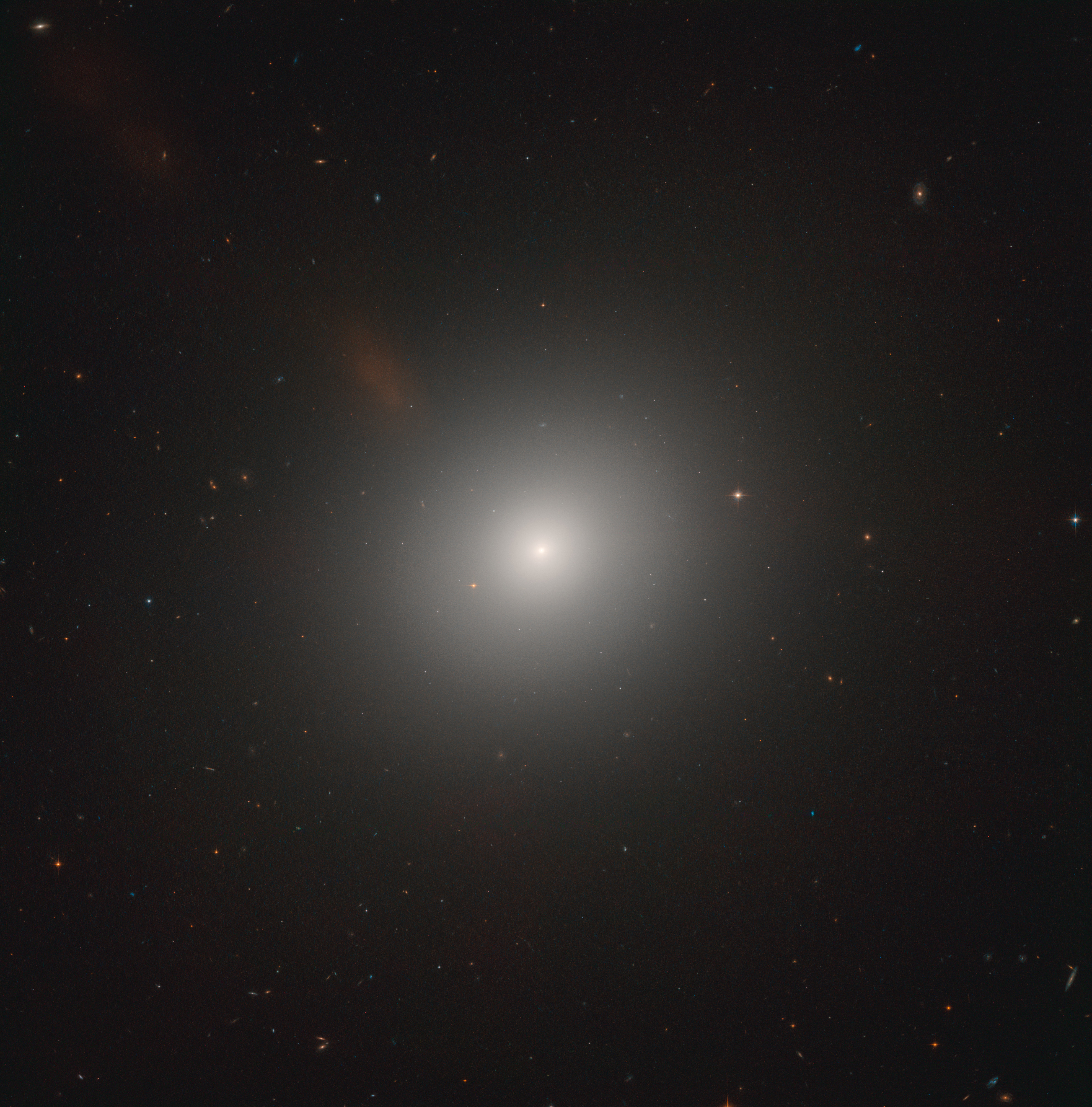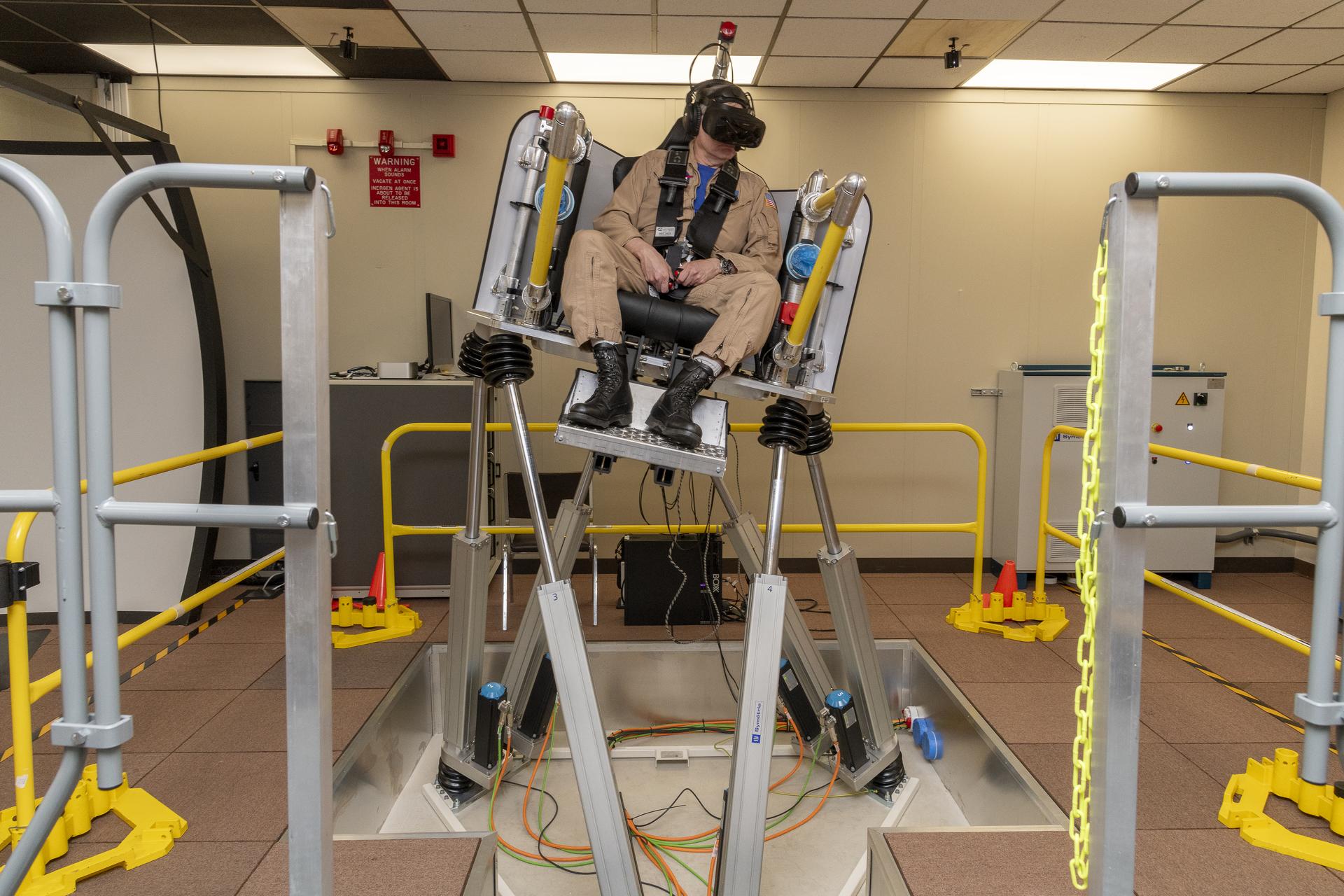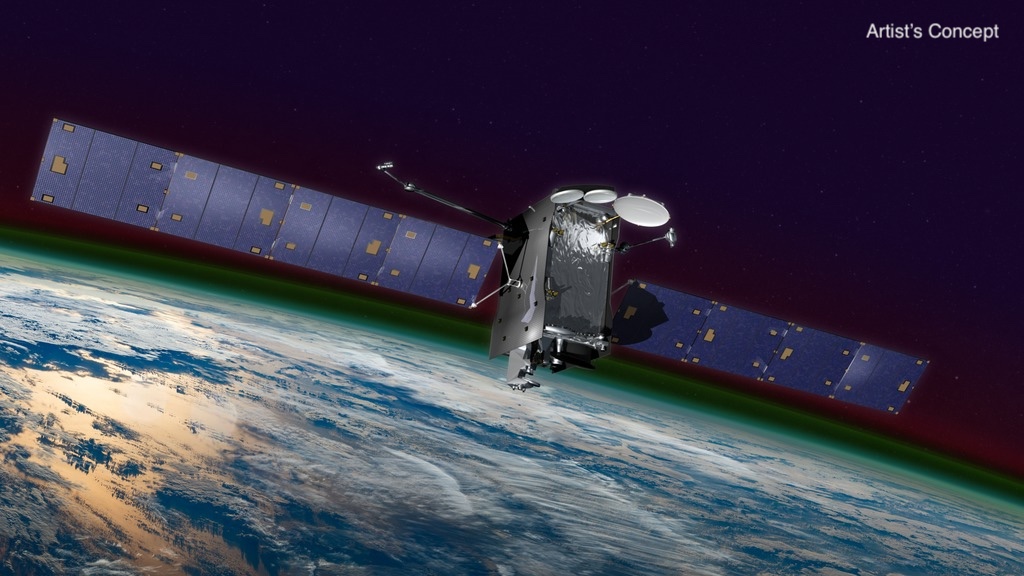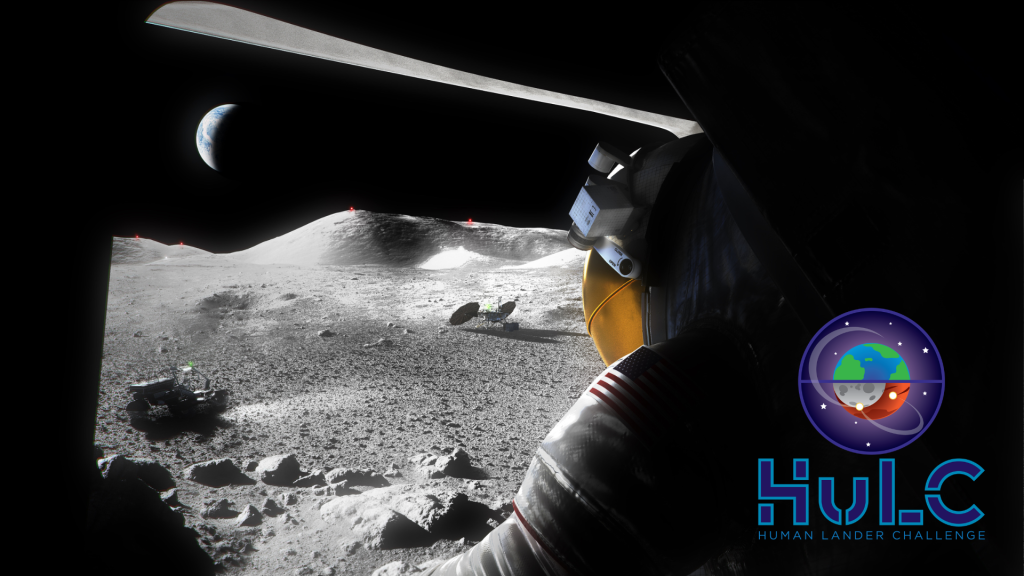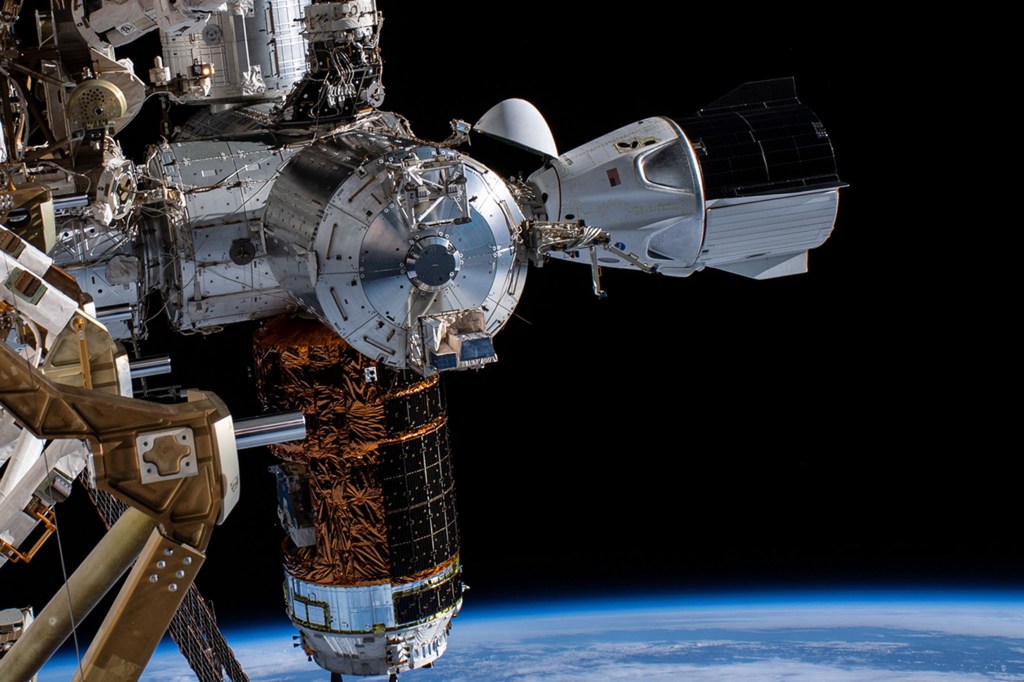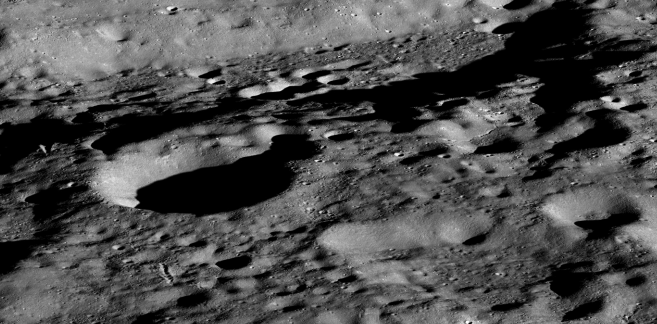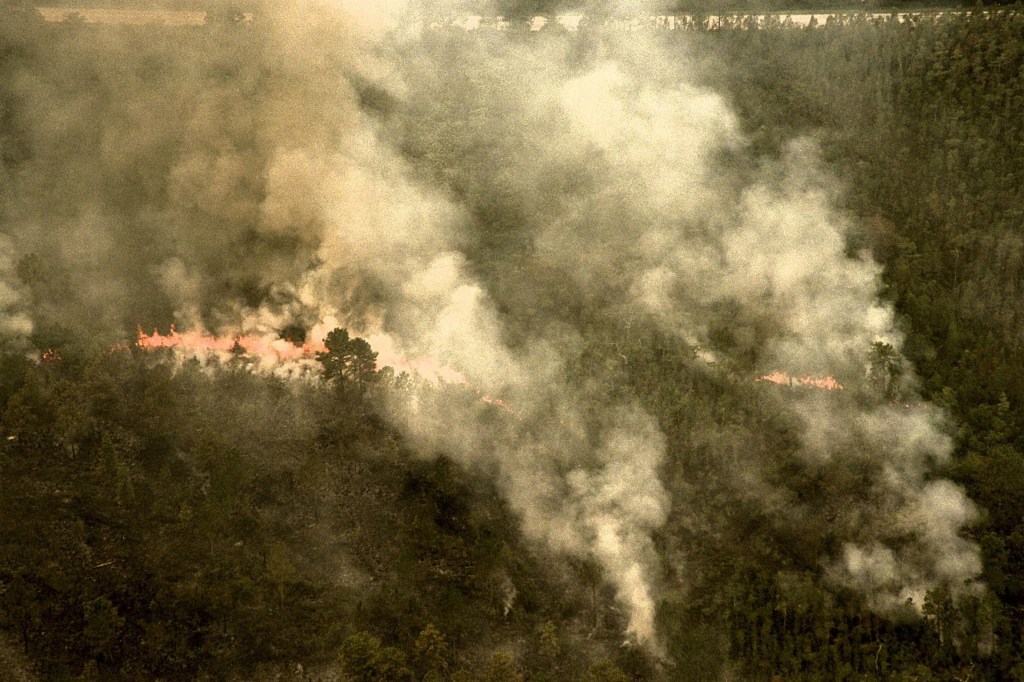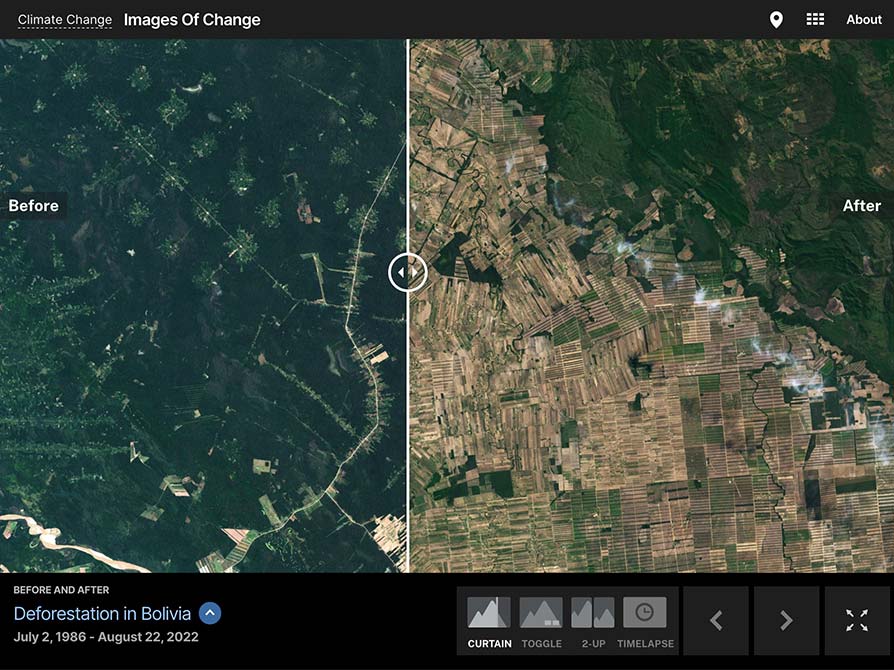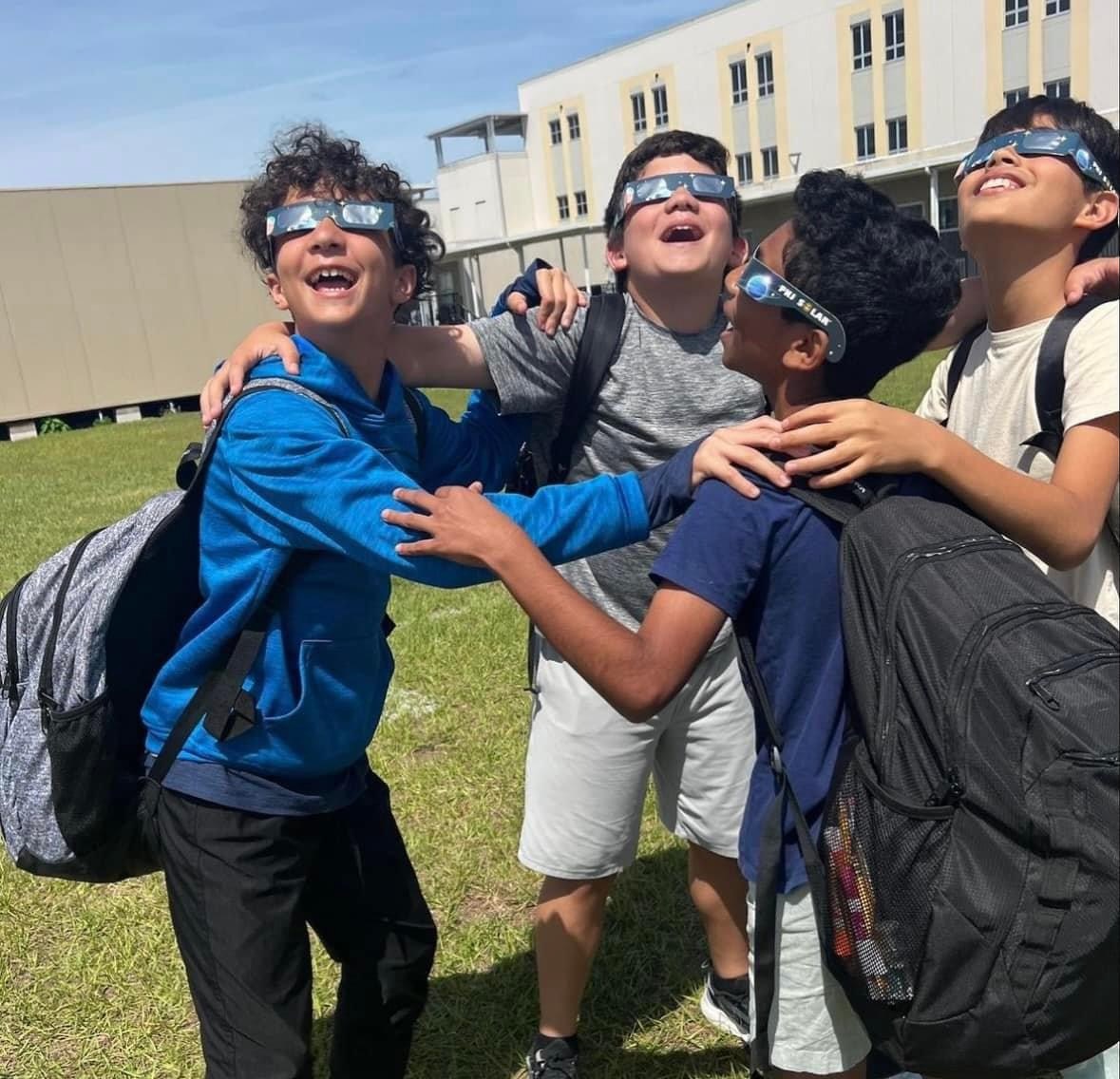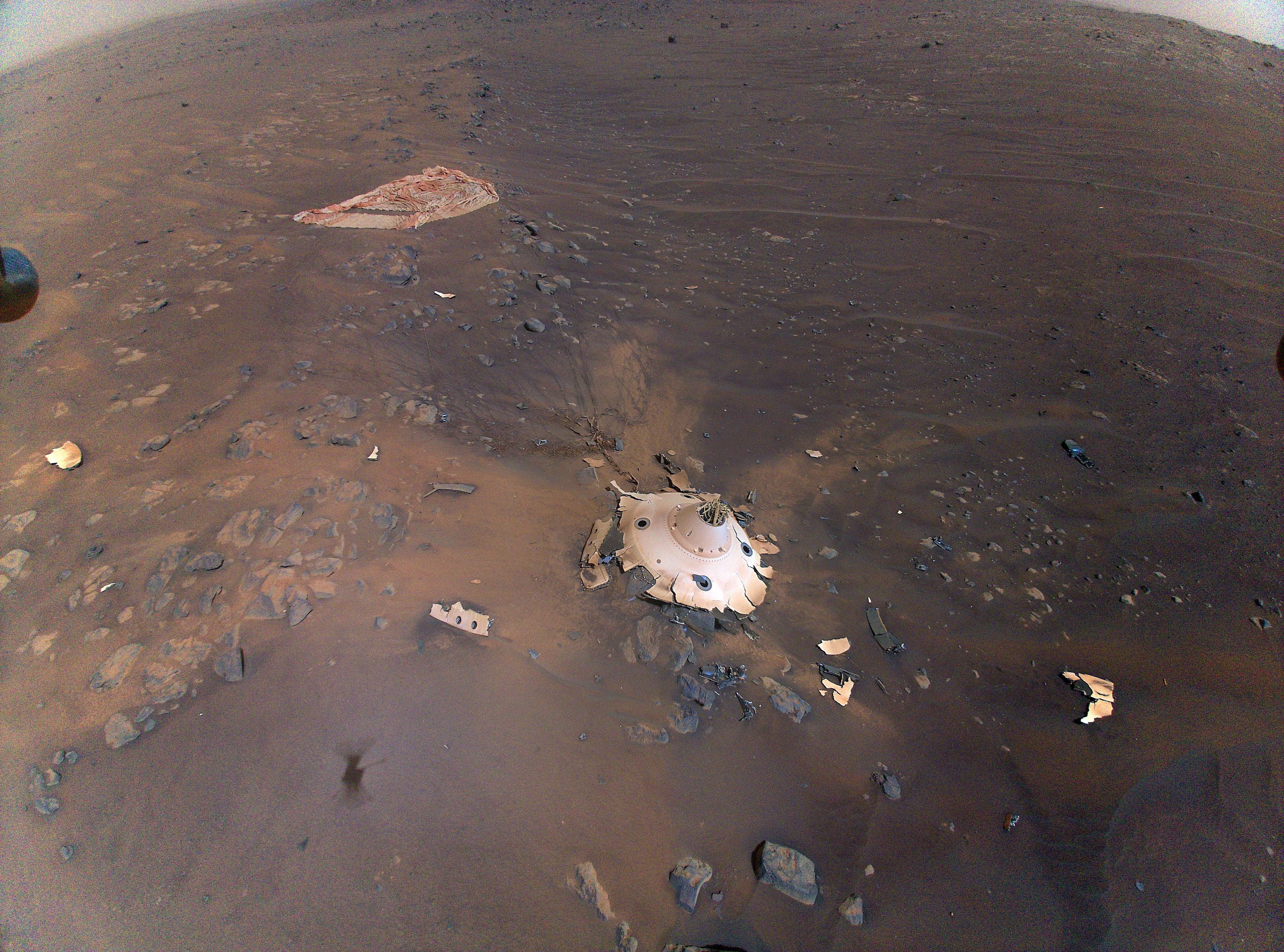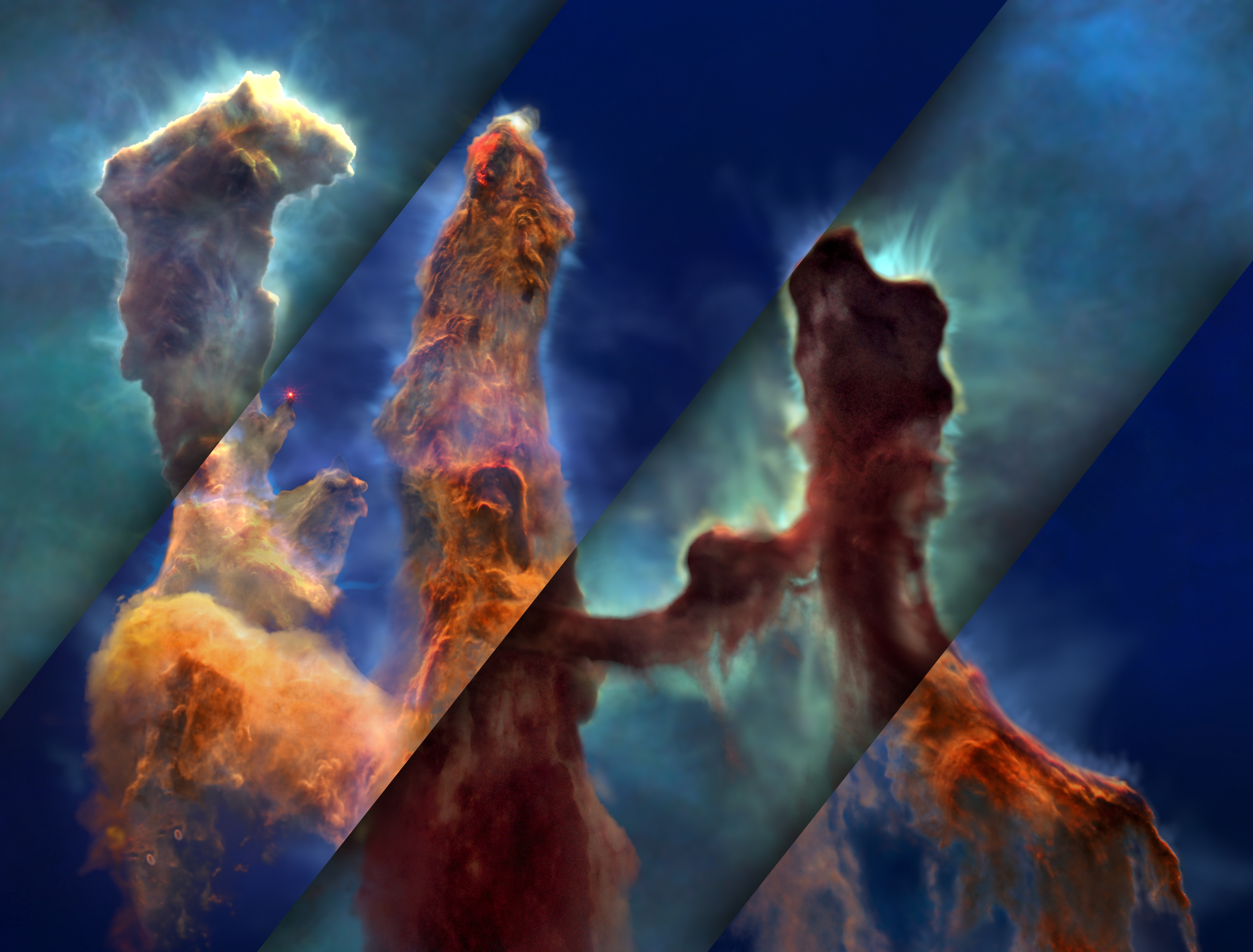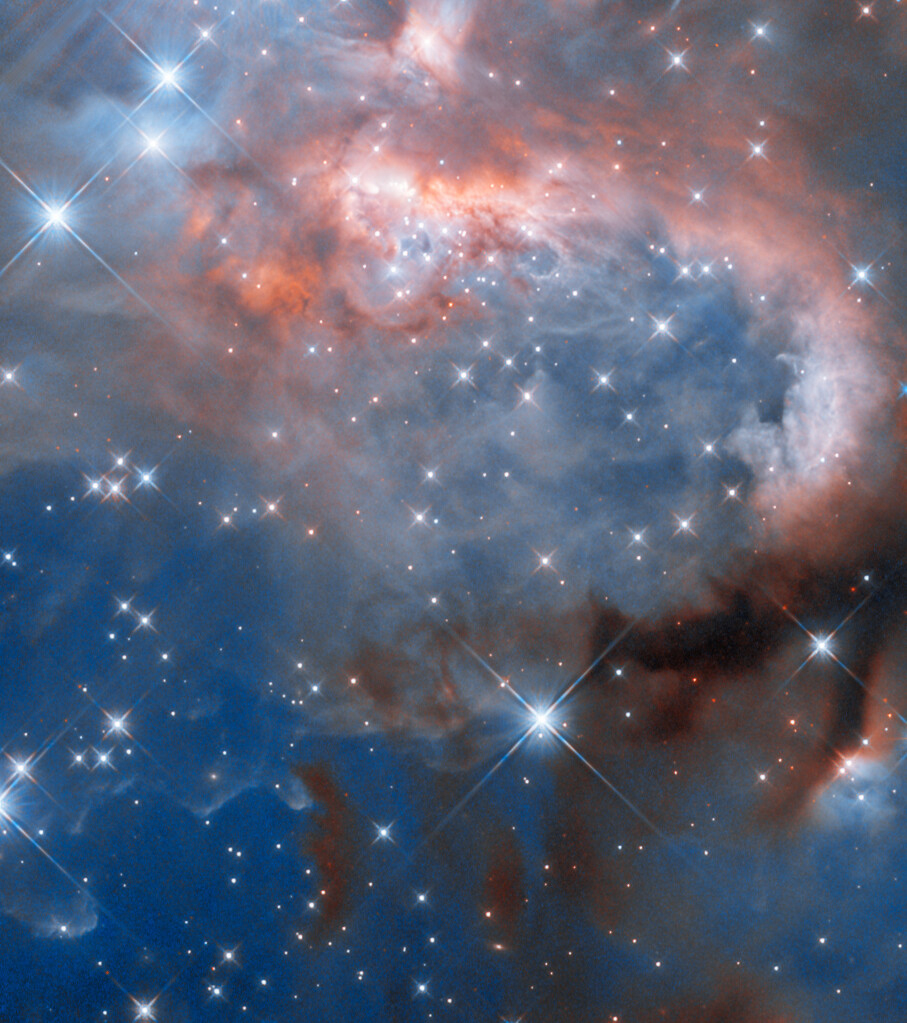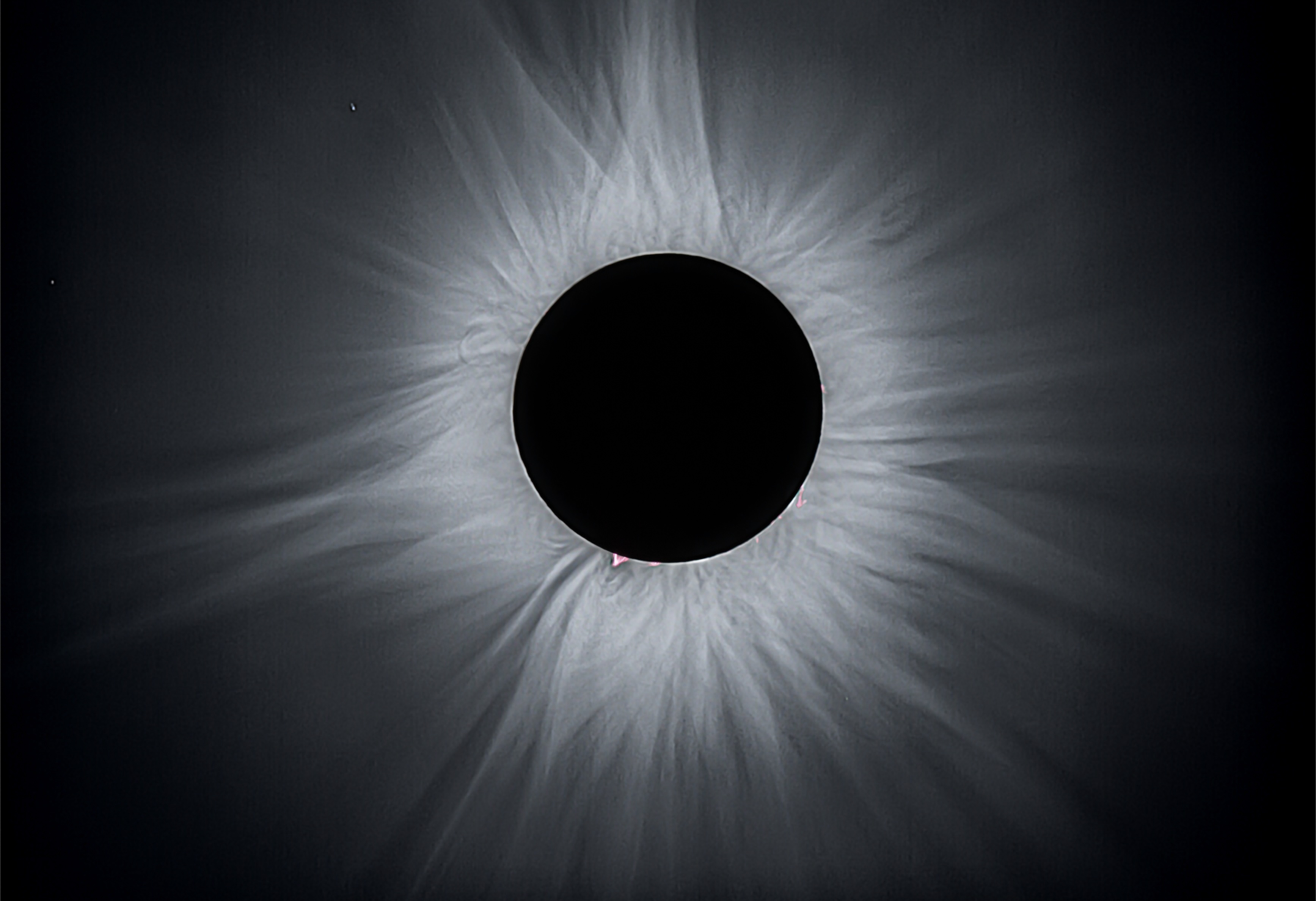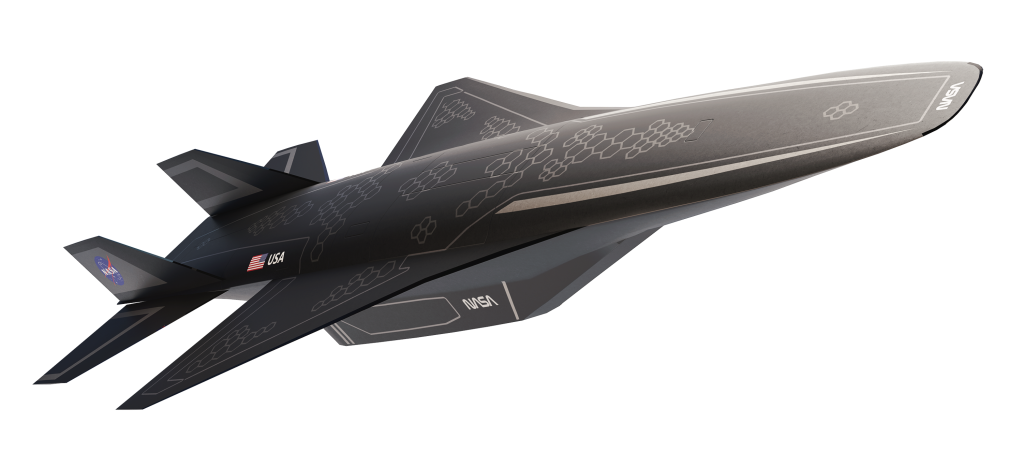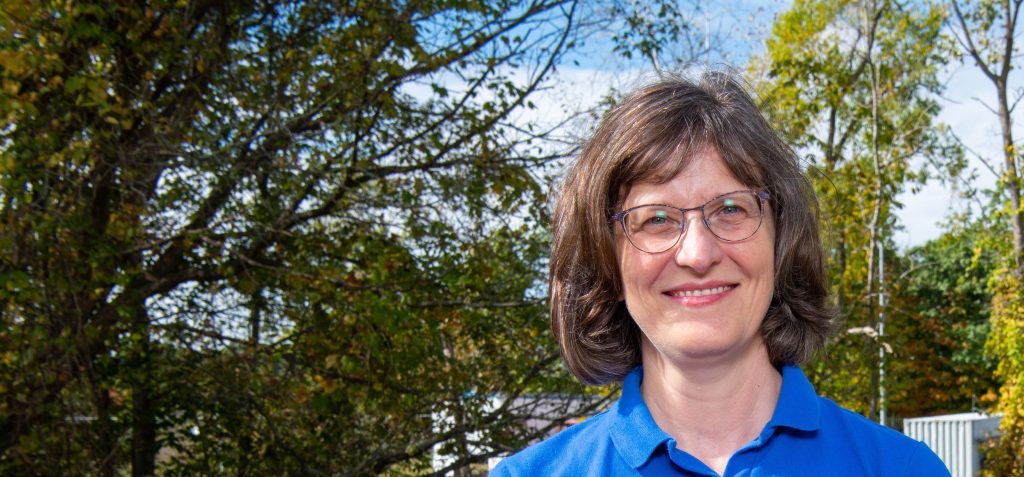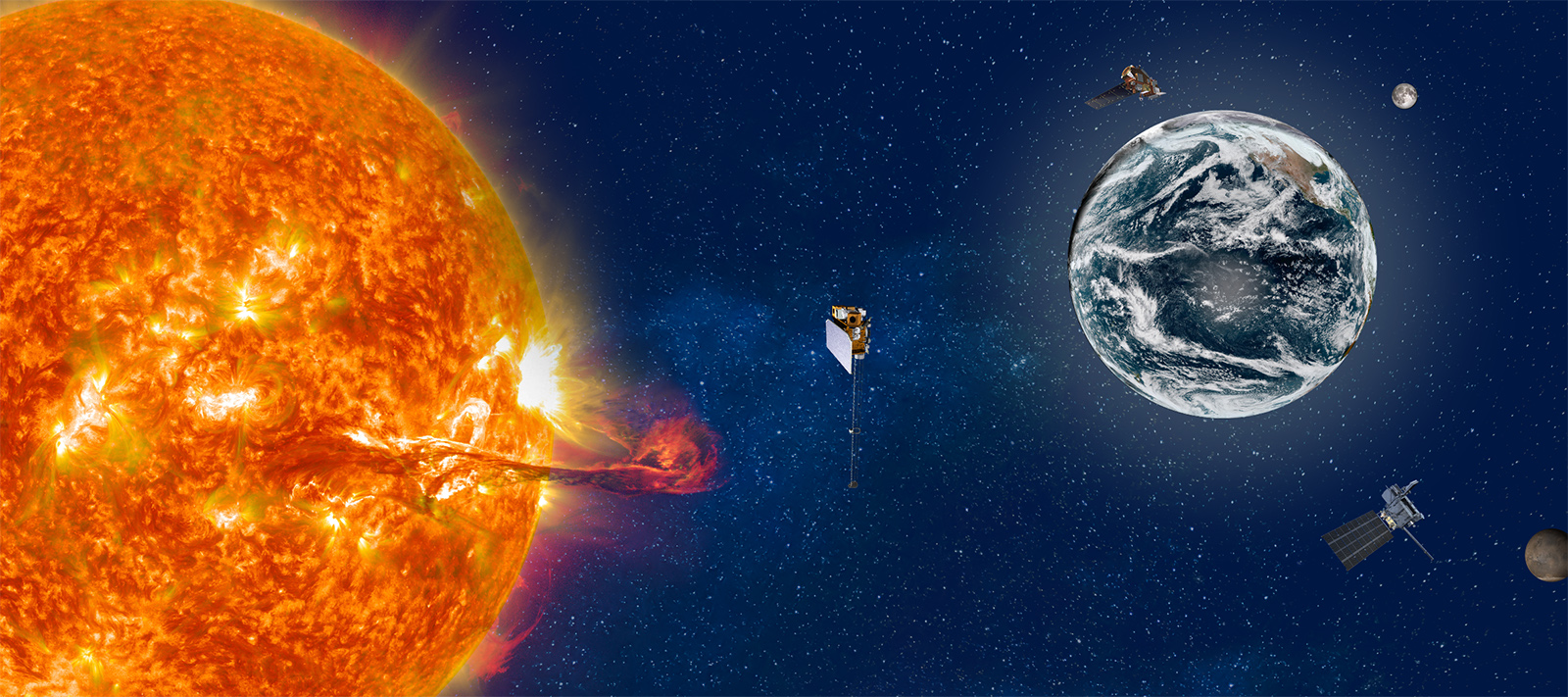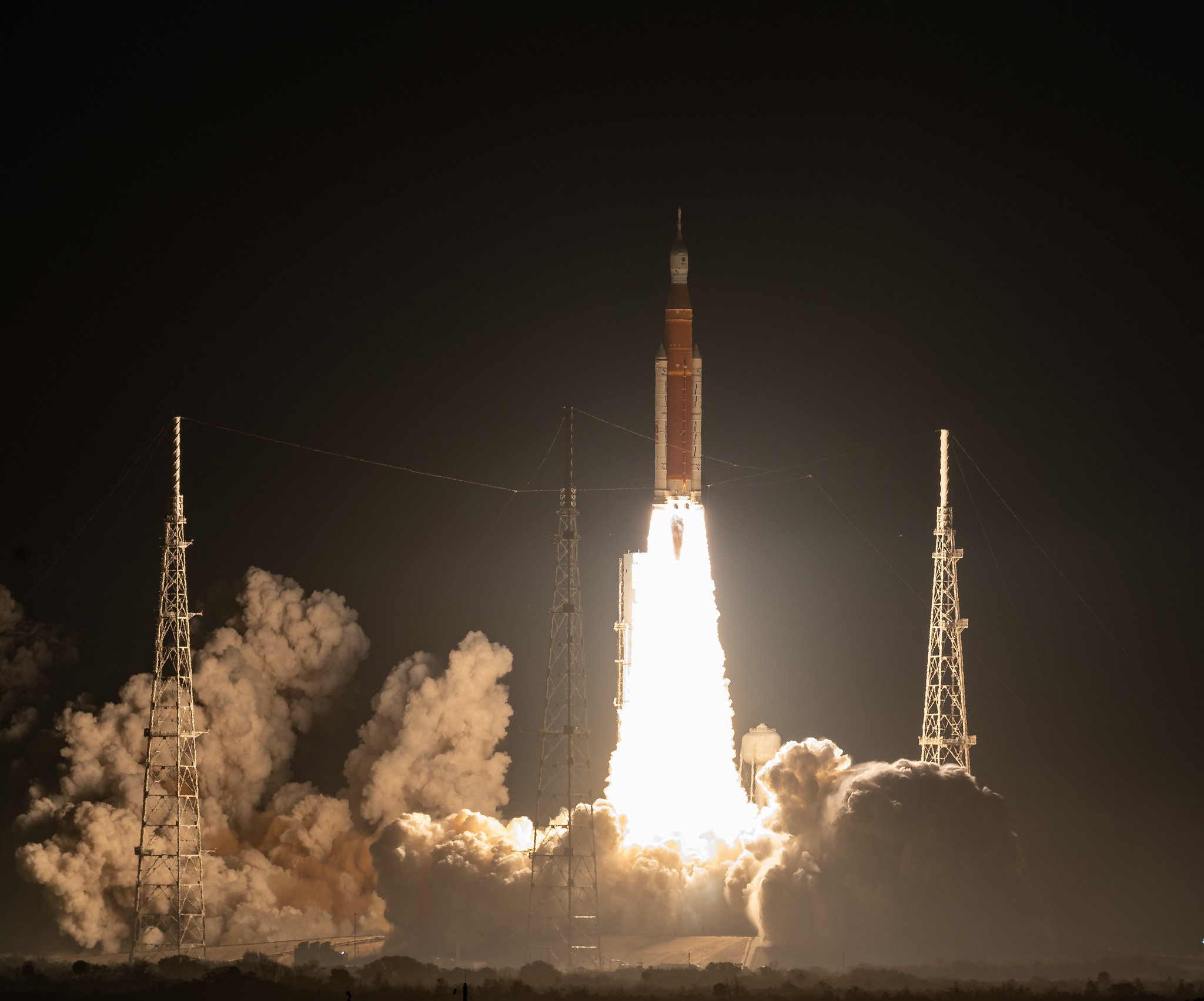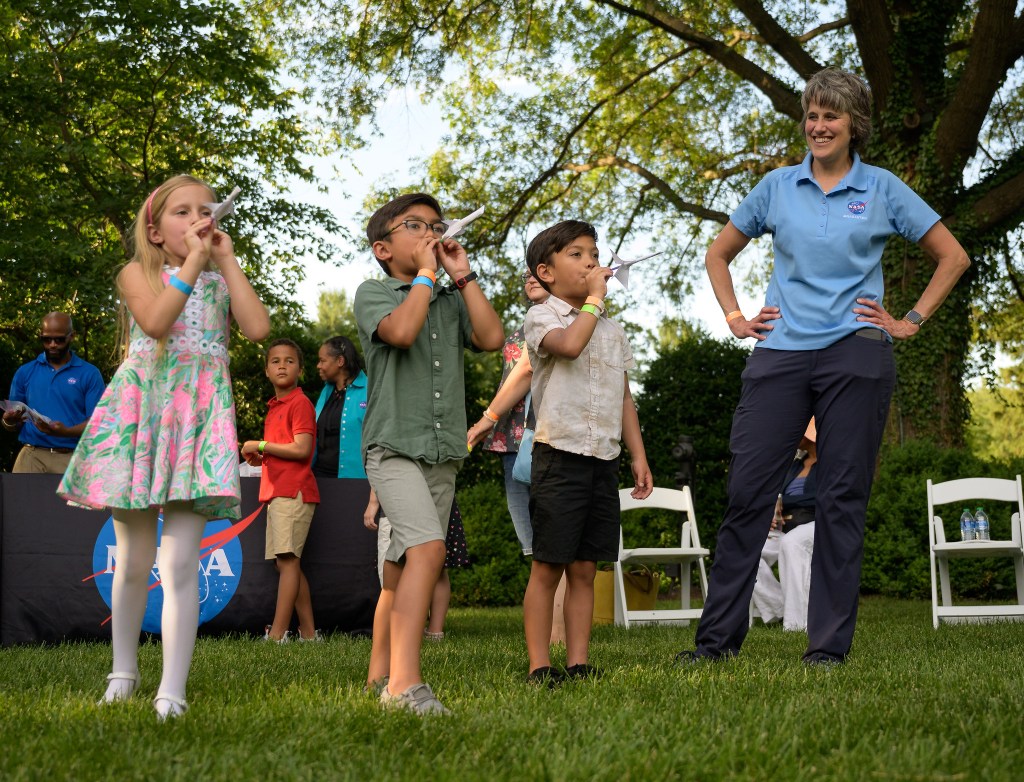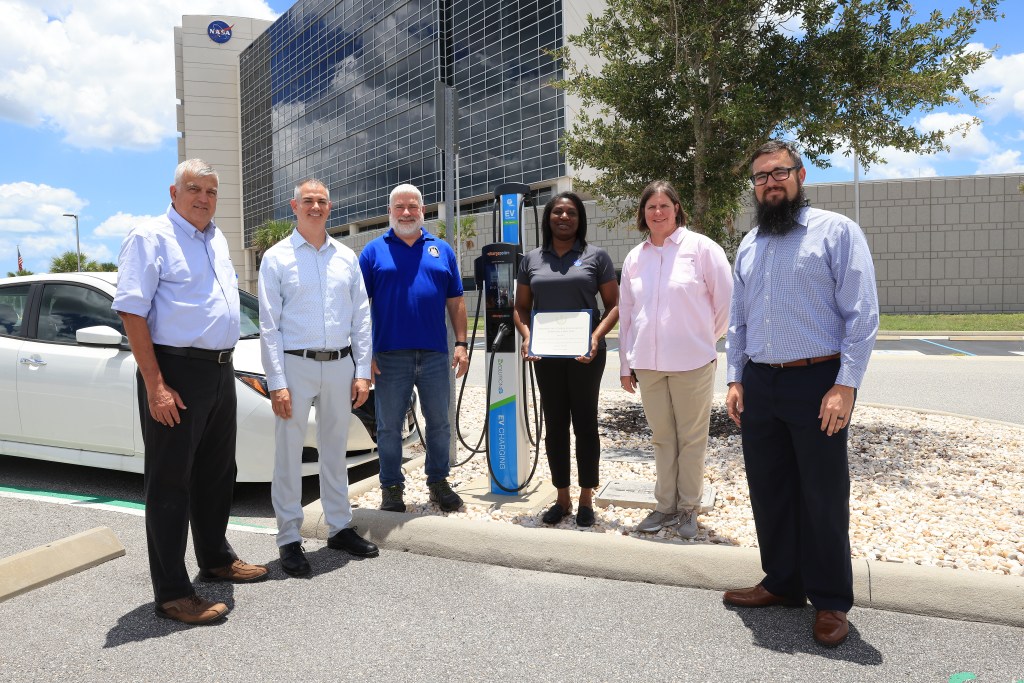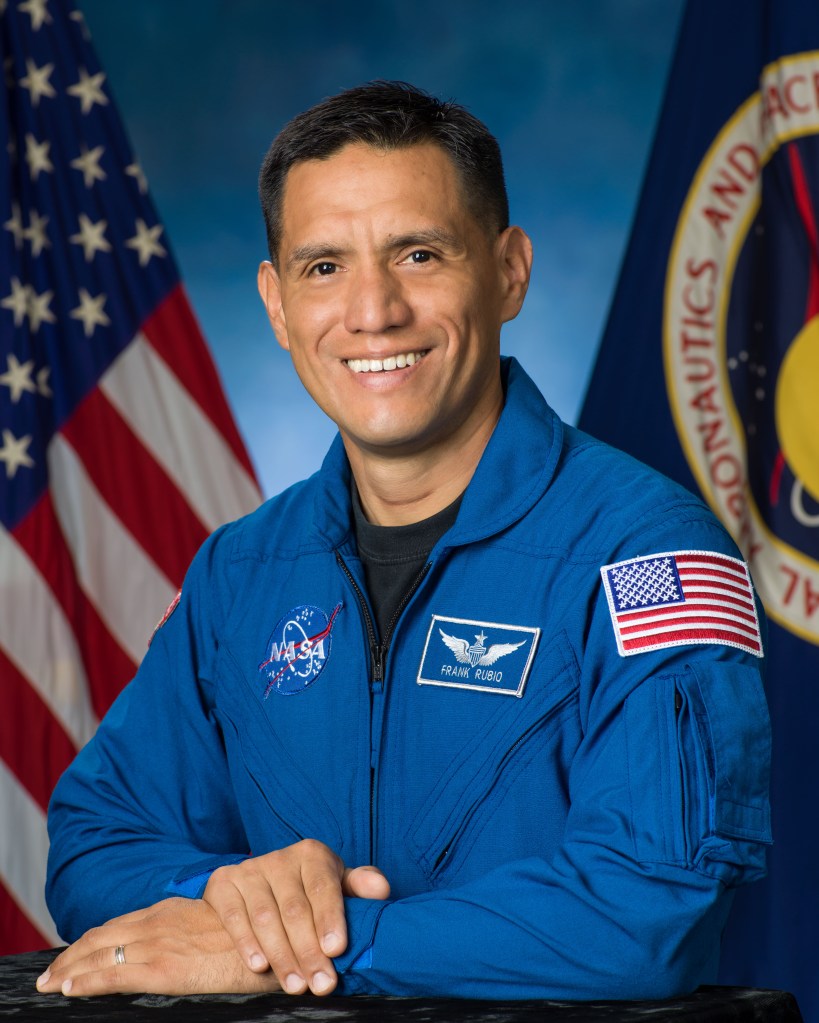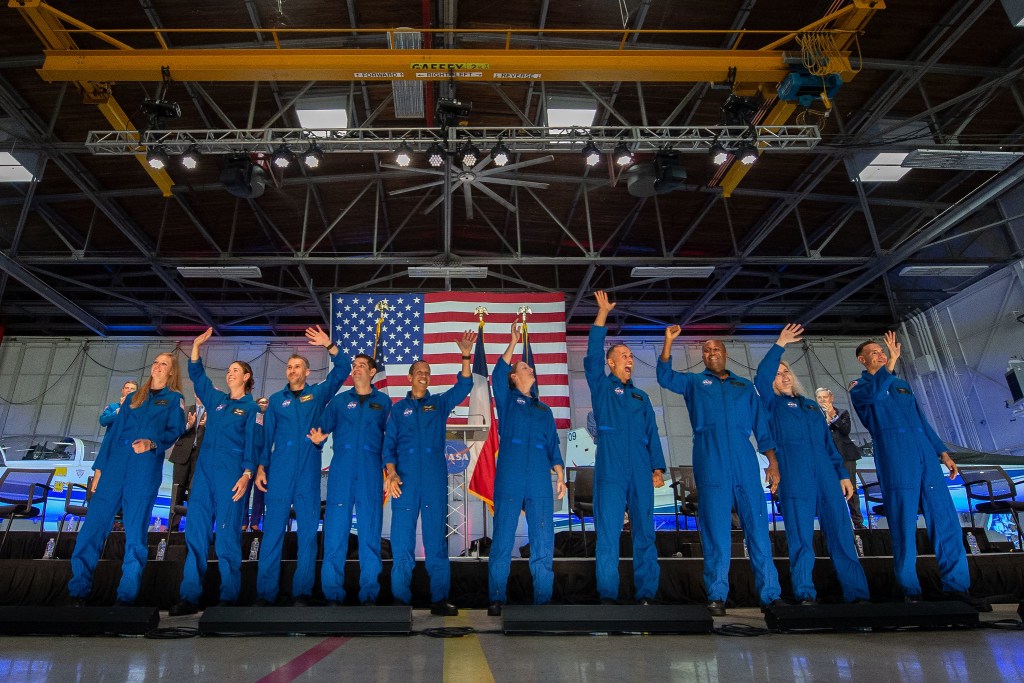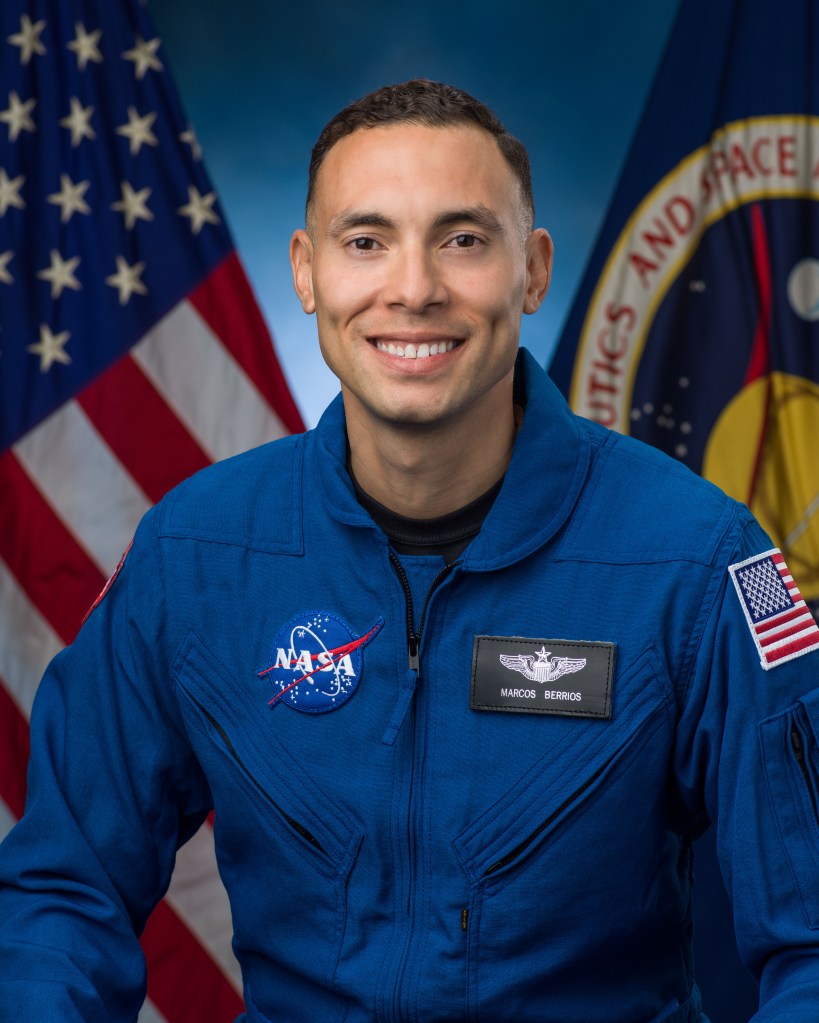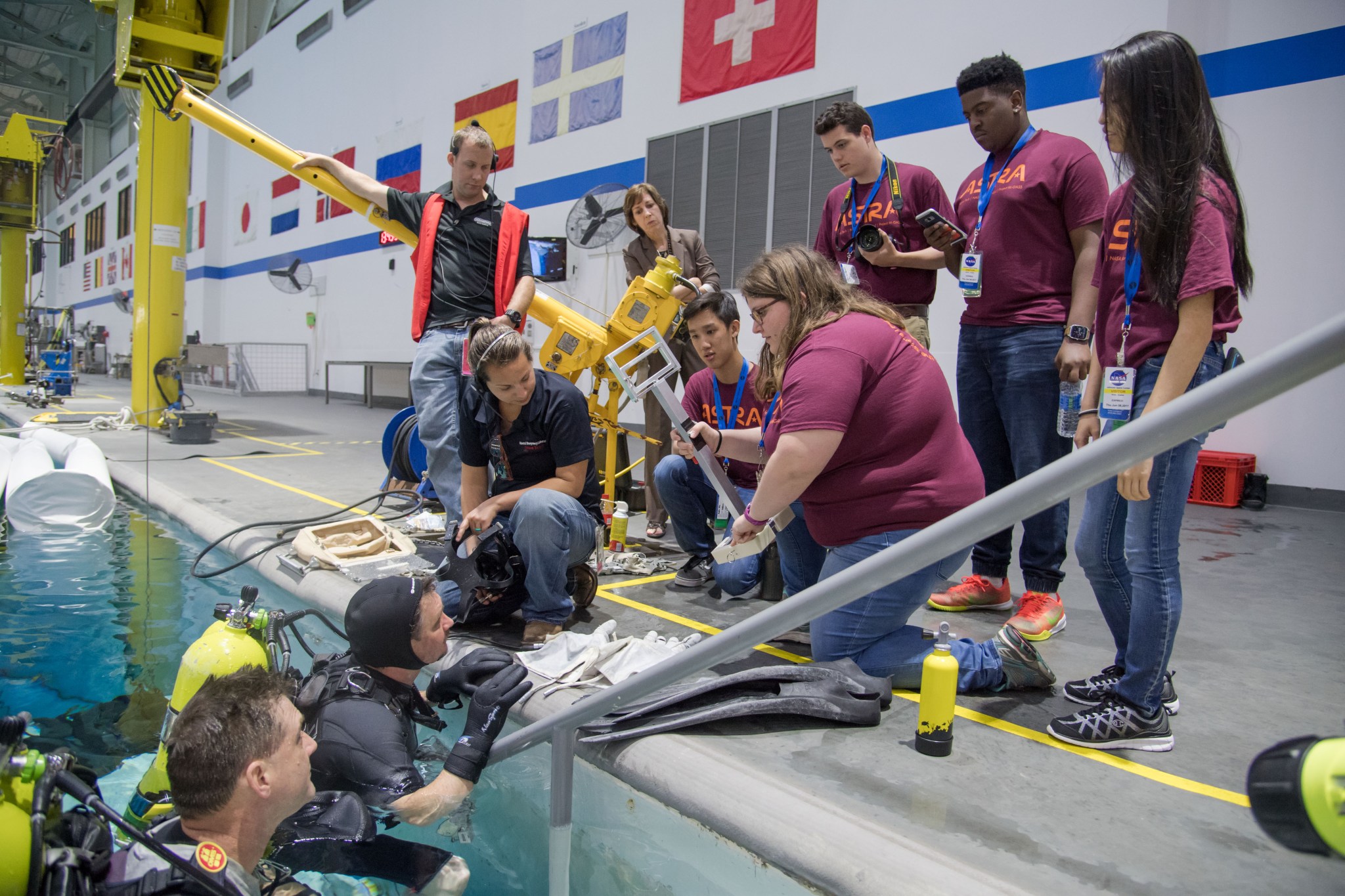Twenty-five student teams from across the country will test their research underwater in May and June in simulated microgravity at NASA’s Johnson Space Center in Houston as part of the Micro-g Neutral Buoyancy Experiment Design Teams (Micro-g NExT) challenge.
Micro-g NExT challenges undergraduate students to design, build and test a tool that addresses an authentic, current space exploration challenge. The overall experience includes hands-on engineering design, test operations and educational/public outreach.
Following months of designing and building their unique equipment, student teams will travel to Houston with their prototypes for the test operations portion of the program at Johnson’s Neutral Buoyancy Laboratory (NBL) — a 6.2-million-gallon indoor pool used to train NASA astronauts for spacewalks. Professional divers will test the spacewalk tools, and students will direct the divers from the Test Conductor Room of the NBL facility.
Test sessions will be the weeks of May 21 and June 4.
The schools participating during the first test week, May 21-26, are:
- Boise State University in Boise, Idaho
- Clemson University in Clemson, South Carolina
- Columbia University in New York, New York
- Duquesne University in Pittsburg, Pennsylvania
- Grand Valley State University in Grand Rapids, Michigan
- Lone Star College Cy Fair in Houston, Texas
- Oklahoma State University in Stillwater, Oklahoma
- Purdue University in West Lafayette, Indiana
- University of California Los Angeles in Los Angeles, California
- University of Illinois Urbana/Champaign in Champaign, Illinois
- University of Nebraska Lincoln in Lincoln, Nebraska
- University of Texas Austin in Austin, Texas
- University of Texas El Paso in El Paso, Texas
- Virginia Polytechnic Institute and State University in Blacksburg, Virginia
- Washington State University Vancouver in Vancouver, Washington
- West Virginia University in Morgantown, West Virginia
Media are invited to interact with the students from 3-4 p.m. Tuesday, May 22. Media will not be permitted to put filming equipment underwater but will have the ability to request NASA video files of the underwater views during testing.
U.S. media representatives who wish to attend must contact Frank Prochaska at 281-483-5111 or frank.e.prochaska@nasa.gov, by 12 p.m. Monday, May 21. Media must arrive at JSC’s main gate no later than 2 p.m. Tuesday for credentialing. No media opportunities are planned during the second test week, but interview requests may be sent to Prochaska.
The second test week, June 4-7, will feature teams from Cornell University in Ithaca, New York; Embry-Riddle Aeronautical University in Daytona Beach, Florida; Rochester Institute of Technology in Rochester, New York; San Jose State University in San Jose, California; Tennessee Technological University in Cookeville, Tennessee; and University of Alabama Tuscaloosa in Tuscaloosa, Alabama.
Micro-g NExT is sponsored by NASA’s Human Exploration and Operations Mission Directorate (HEOMD). The project is designed to encourage research and development in new technologies and engage students in real-world engineering and problem-solving concepts that may be needed on future exploration missions. Through innovative challenges such as this, NASA continues to demonstrate its commitment toward inspiring new generations of scientists, engineers and astronauts.
Follow all activities using #MicrogNExT.
For more information about the Micro-g NExT program, go to:
For more information, about NASA’s education programs, visit:
https://www.nasa.gov/education
-end-
Frank Prochaska
Johnson Space Center, Houston
281-483-5111
frank.e.prochaska@nasa.gov

